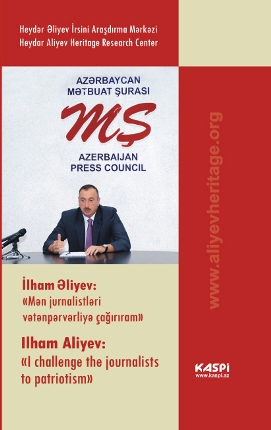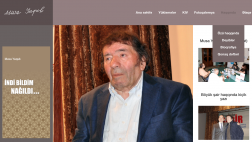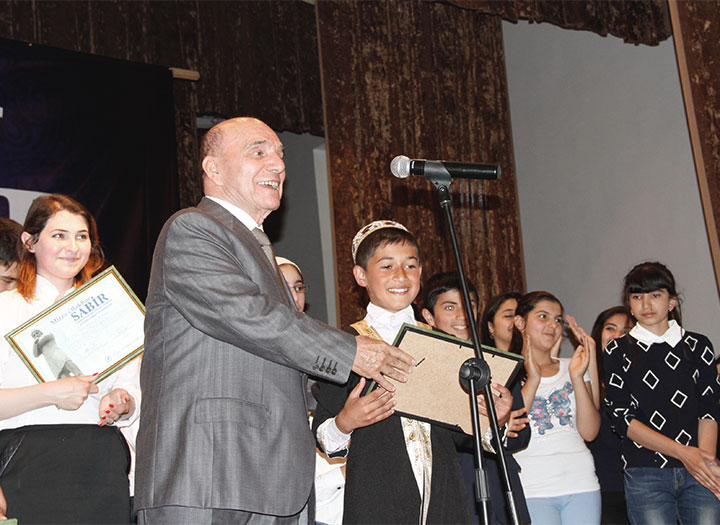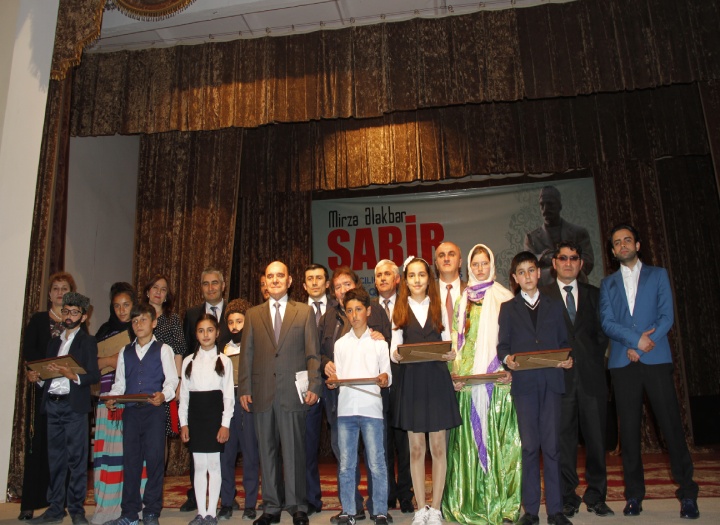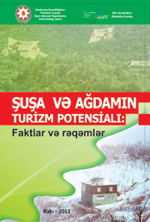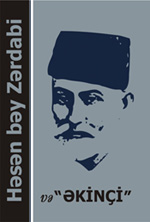 No wonder that in spite of the Convention on access to information, the agreement “About cooperation with Europe”, the juridical act “On access to documents” of the European Parliament, of the Council of Europe, European Commission, recommendations of the CoE “On access to information in state government, the Cabinet of Ministers of the CoE has set new recommendations on access to official documentations for the member countries of the organization. Consequently, according to these recommendations, every member country of this organization has to adopt a law “On access to information”. The discussed law states to organize Press Ombudsman to control the law implementation as the new structure will not have the right on sanctioning. This organization will play a role of a bridge between courts and citizenry. Sometimes, during discussions, a suggestion to pass the privileges of Press Ombudsman to Press Council is being heard. In the world, we have already observed such a practice. But in this case the process can not be regulated by the law. Consequently, nowadays, the present law does not permit to create such an organization as an institute of ombudsman. These credentials are just to be added to the Charter of the Press Council. Plenipotentiary of the Council is really engaged in the issue and generalizes the results on problems in access to information and his/her observations. This is the same function concerning problems between governing bodies and media to be solved by the Press Council before a court. If it is not satisfactory for a citizen or a mass media representative he/she may appeal directly to court. In case the privileges of Press Ombudsman are passed to Press Council, the regulation of the law on creation of such an institute has to be cancelled. In many countries similar organizations are being set up and in compliance with the law and Constitution, the state is a guarantee for freedom of information as a state control is necessary to ensure freedom of information. This control may be realized as well as in a general order as by a certain institute created by the state.
No wonder that in spite of the Convention on access to information, the agreement “About cooperation with Europe”, the juridical act “On access to documents” of the European Parliament, of the Council of Europe, European Commission, recommendations of the CoE “On access to information in state government, the Cabinet of Ministers of the CoE has set new recommendations on access to official documentations for the member countries of the organization. Consequently, according to these recommendations, every member country of this organization has to adopt a law “On access to information”. The discussed law states to organize Press Ombudsman to control the law implementation as the new structure will not have the right on sanctioning. This organization will play a role of a bridge between courts and citizenry. Sometimes, during discussions, a suggestion to pass the privileges of Press Ombudsman to Press Council is being heard. In the world, we have already observed such a practice. But in this case the process can not be regulated by the law. Consequently, nowadays, the present law does not permit to create such an organization as an institute of ombudsman. These credentials are just to be added to the Charter of the Press Council. Plenipotentiary of the Council is really engaged in the issue and generalizes the results on problems in access to information and his/her observations. This is the same function concerning problems between governing bodies and media to be solved by the Press Council before a court. If it is not satisfactory for a citizen or a mass media representative he/she may appeal directly to court. In case the privileges of Press Ombudsman are passed to Press Council, the regulation of the law on creation of such an institute has to be cancelled. In many countries similar organizations are being set up and in compliance with the law and Constitution, the state is a guarantee for freedom of information as a state control is necessary to ensure freedom of information. This control may be realized as well as in a general order as by a certain institute created by the state.
Experience on press self regulation in Europe – Sweden
Nowadays many countries have gained experience in press ombudsman. The system on self regulation of the Sweden press was set not in compliance with the laws adopted by authorities. This is a free will agreement of press which is also a system of self financing. These organizations have also elaborated the code on journalistic ethics. The Sweden Press Council was founded in 1916 by National Press Clubs, journalistic societies and newspapers associations. This is the first and the only form of court. A judge representing the founders of the Council and two secretaries having no relations with the press and representing a public are in the composition of the court. And the Ombudsman Institute for the wide public was created in 1969. An ombudsman is appointed by a certain committee consisting of deputies, representatives of the press clubs and members of the association of jurists of Sweden. The Press Council has considered claims on violations in press till present. Since now on with agreement from sufferers the Press Council forwards claims to the Press Ombudsman. Any citizen may forward a claim on a certain newspaper material violating the journalistic ethics to the Press Ombudsman. When accepted a claim, the Press Ombudsman has to find out whether a newspaper respondent can give refutation or a certain reply. If the problem can not be solved this way and the Press Ombudsman states a violation of the commonly accepted journalistic ethics by a newspaper, then it is empowered to start investigation having informed the editor-in-chief of the newspaper on the matter. The investigation has to be carried out during three months since the day the material was published. In the end of investigation the Press Ombudsman has to choose one from the two variants: a) the claim does not prove a newspaper to be judged: b) results of the investigation are quite serious and the claim may be forwarded to the Press Council. One may appeal to the Press Council on the decision made by the Press Ombudsman. One may appeal to court on the decision made by the Ombudsman and the Press Council. At the same time, the Ombudsman answers all the questions on the journalistic ethics and its service is free of charge. A newspaper violating the common journalist ethics is obliged to publish the results of the investigation carried out by the Press Council and besides the newspaper may be fined in an administrative way. 400-450 claims on press are annually considered in Sweden recent years. The majority of them are on coverings of processes on criminal cases and interference in private lives of citizens by newspapers.
Teymur Najaf-zadeh, the AFSF expert
